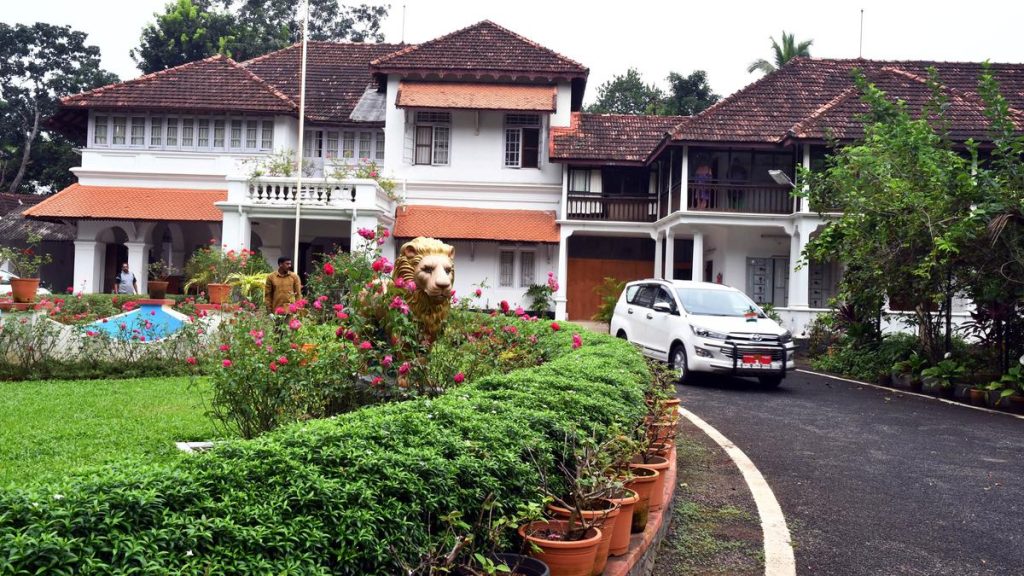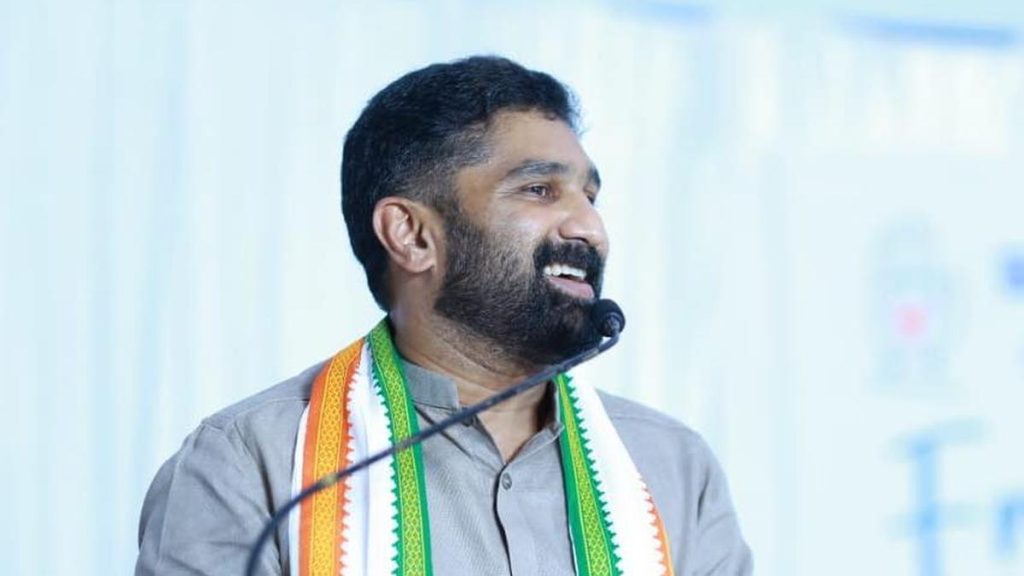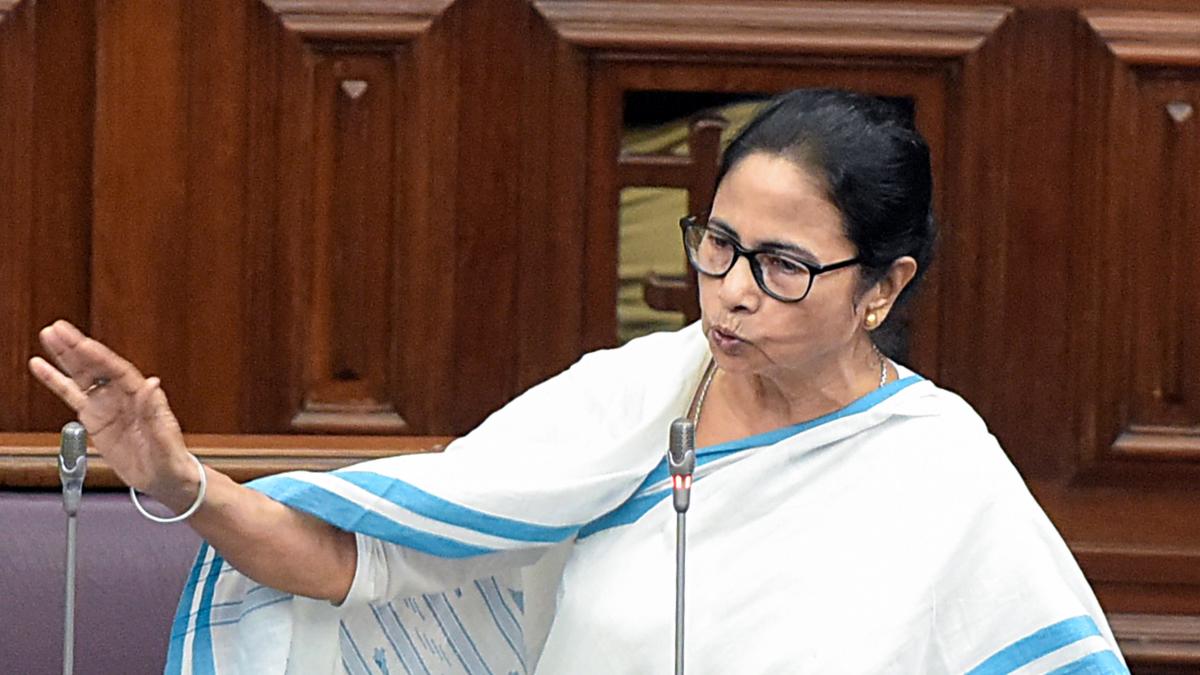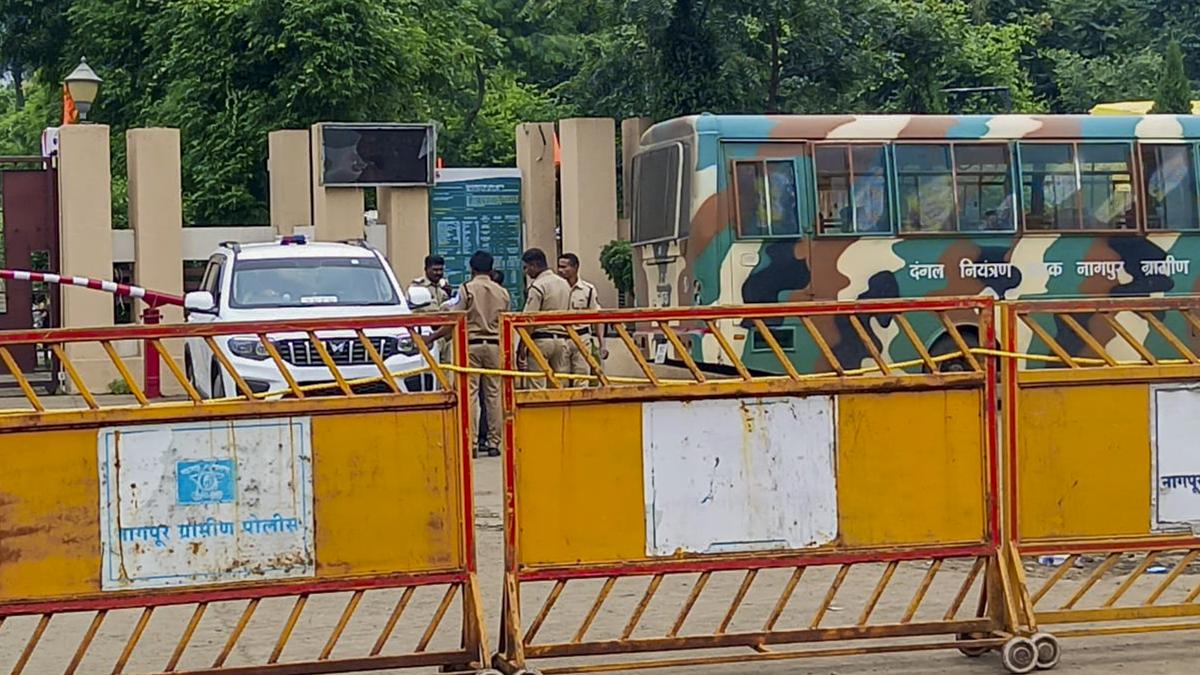Now Reading: Madras High Court Rejects Petition Seeking ₹10 Lakh from Governor R.N. Ravi’s Media Adviser
-
01
Madras High Court Rejects Petition Seeking ₹10 Lakh from Governor R.N. Ravi’s Media Adviser
Madras High Court Rejects Petition Seeking ₹10 Lakh from Governor R.N. Ravi’s Media Adviser
Rapid Summary
- The Madras High Court dismissed a PIL petition requesting the Tamil Nadu government to recover ₹10 lakh allegedly given by Governor R.N. Ravi to his media adviser, S. Thirugnana Sampandam, under the discretionary quota.
- The court stated that assessing any possible violation of the Finance Code for this grant is the responsibility of the Accountant General of Tamil Nadu, not the judiciary.
- The petitioner argued that discretionary grants under Article 213 of the Tamil Nadu Financial Code are intended for public welfare or assistance to deserving individuals, and questioned whether Mr. Sampandam qualifies for such aid from public funds.
- Mr. Sampandam was appointed as media and interaction adviser to Governor Ravi in November 2022 on an honorary basis with no salary; however, records obtained via RTI applications indicated that ₹10 lakh was disbursed to him through discretionary funds.
- The petitioner had previously approached the Finance Secretary with no resolution taken before filing this petition in court.
Indian Opinion Analysis
The dismissal by Madras High Court emphasizes a procedural principle: financial audits should remain within their proper administrative domain rather than rely on judicial intervention unless necessary legal thresholds are met. While financial integrity concerning discretionary grants is crucial for accountability, delegating such matters to bodies like the Accountant General aligns with institutional checks and balances embedded in governance systems.This case also underscores ongoing concerns about openness in public fund utilization-a question relevant across governance tiers in India-and stresses proper mechanisms like RTI disclosures as tools for oversight by citizens and civil institutions alike. ensuring clarity on what constitutes “deserving” recipients under discretionary policies could help mitigate ambiguities around fund allocation moving forward.
Read more: Full Article Here

























